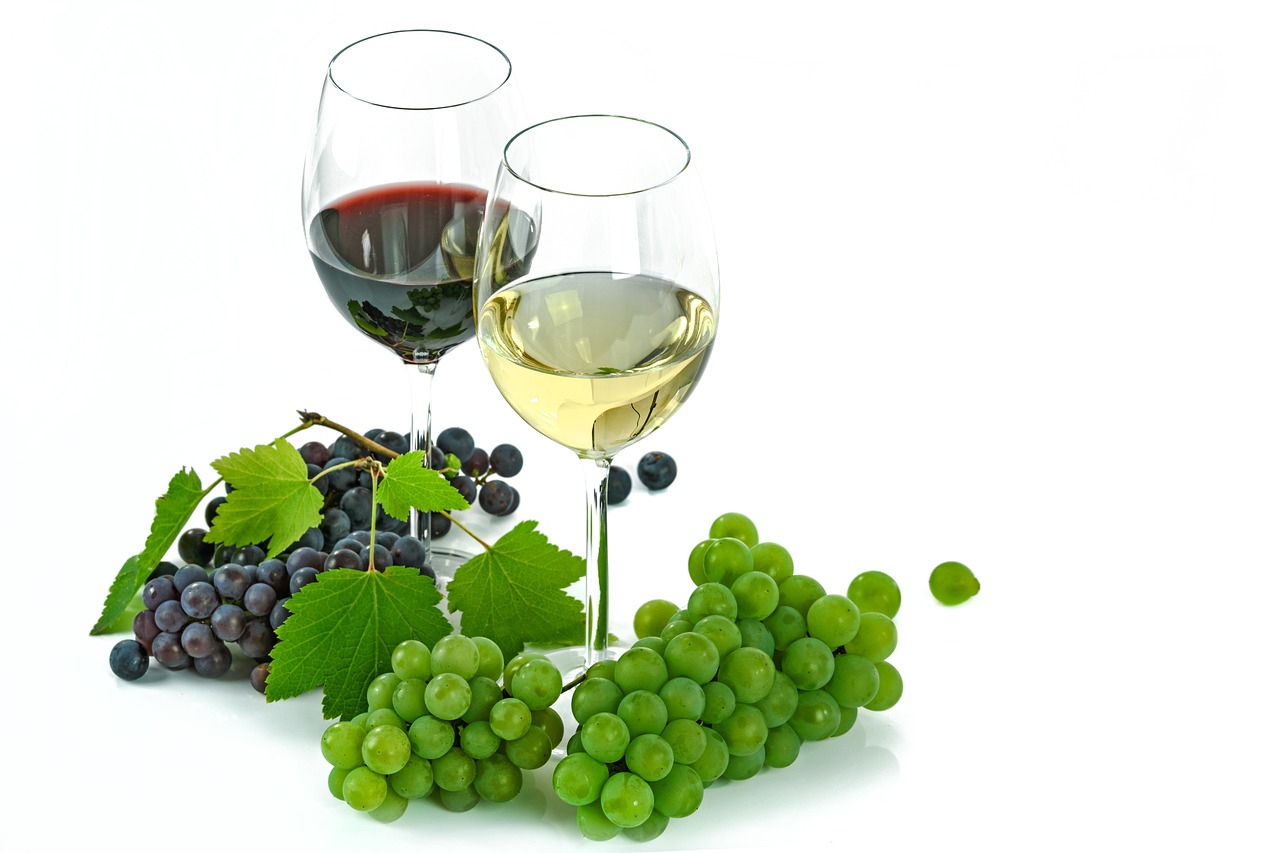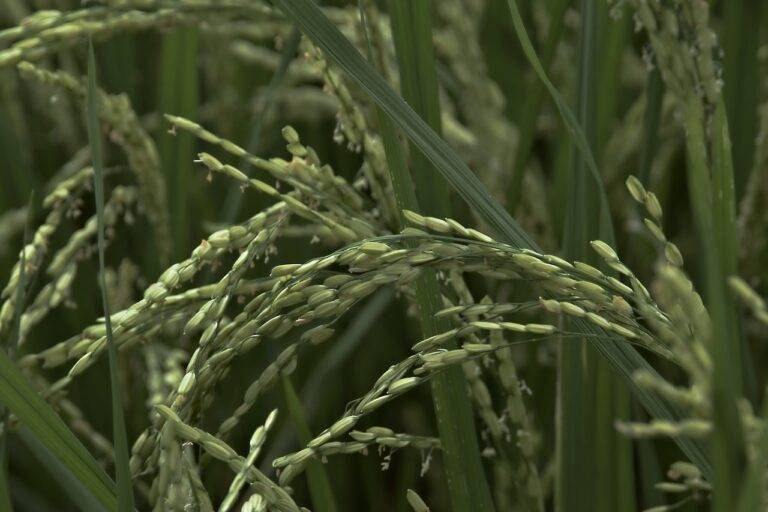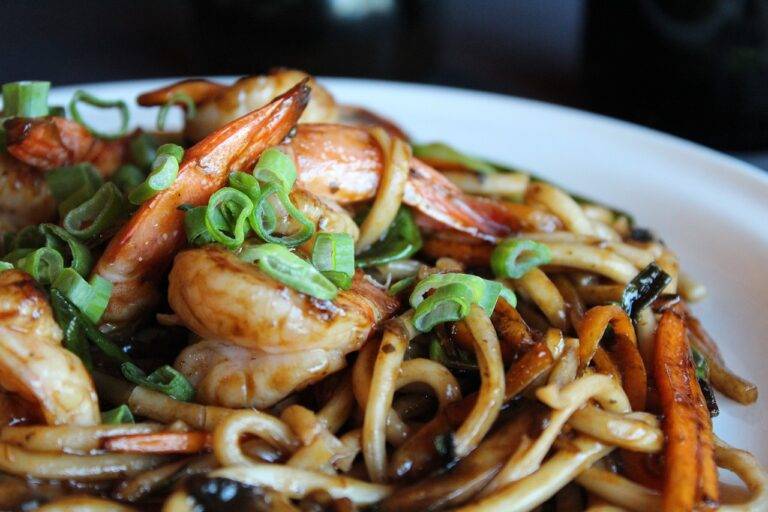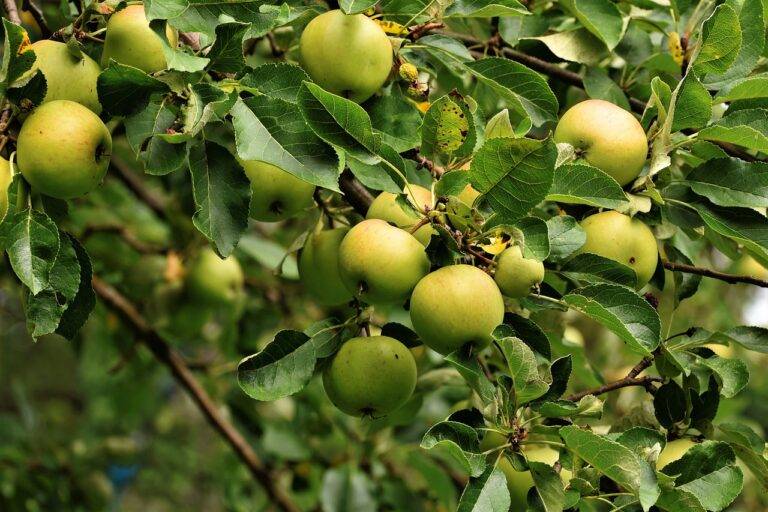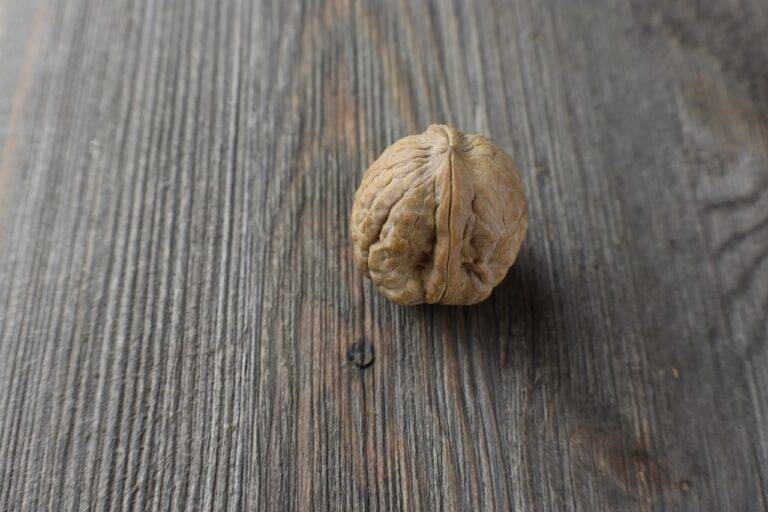The Joy of Pickling: Preserving Summer Flavors All Year Round.
Pickling, a time-honored tradition passed down through generations, serves as not only a method of preservation but also a way to infuse flavors into various foods. Dating back to ancient times, pickling was initially developed as a way to extend the shelf life of perishable goods, especially fruits and vegetables. As societies evolved, the practice of pickling expanded to encompass a wide array of ingredients, from cucumbers to beets, creating a diverse culinary tradition that continues to be cherished today.
The art of pickling transcends culinary purposes, as it carries with it a sense of nostalgia and cultural significance. In many cultures, pickling is deeply rooted in tradition, with recipes and techniques passed down from one generation to the next. Whether it’s the tangy taste of pickled kimchi in Korea or the savory-sweet flavors of pickled mango in Southeast Asia, each region has its own unique take on pickling that reflects its heritage and customs. This rich tapestry of pickled delicacies not only showcases the diverse culinary landscape but also highlights the enduring appeal of this timeless preservation method.
The Health Benefits of Pickling
Pickling is not only a delicious way to enjoy vegetables and fruits, but it also offers numerous health benefits. The fermentation process involved in pickling promotes the growth of beneficial bacteria known as probiotics, which can support gut health and enhance digestion. Additionally, pickled foods are rich in antioxidants, which help to protect cells from damage caused by harmful free radicals. Consuming pickled vegetables and fruits can therefore contribute to overall well-being and boost the immune system.
Moreover, pickled foods are a great source of vitamins and minerals, such as vitamin C, vitamin K, and potassium. These essential nutrients play a vital role in maintaining a healthy body and supporting various bodily functions. By incorporating pickled foods into your diet, you can easily increase your intake of key nutrients that are essential for optimal health. Additionally, the process of pickling can help to preserve the nutritional content of vegetables and fruits, ensuring that you reap the benefits all year round.
What exactly is pickling?
Pickling is a food preservation process that involves submerging food items in an acidic solution, such as vinegar or brine, to extend their shelf life and enhance flavor.
Why is pickling considered a time-honored tradition?
Pickling has been used for centuries as a way to preserve food before refrigeration was readily available. It is a practice that has been passed down through generations and is still popular today.
What are some of the health benefits of pickling?
Pickling can increase the shelf life of perishable foods, retain nutrients like vitamin C and fiber, and introduce beneficial probiotics to the diet through fermentation.
Are pickled foods high in sodium?
While some pickled foods can be high in sodium, there are low-sodium pickling methods available, such as using less salt or opting for vinegar-based brines.
Can pickled foods help with digestion?
Yes, the probiotics formed during the fermentation process of pickling can aid in digestion by promoting a healthy gut microbiome.
Are there any risks associated with consuming pickled foods?
Consuming pickled foods in moderation is generally safe for most people. However, those with certain health conditions like high blood pressure should be mindful of their sodium intake from pickled foods.

